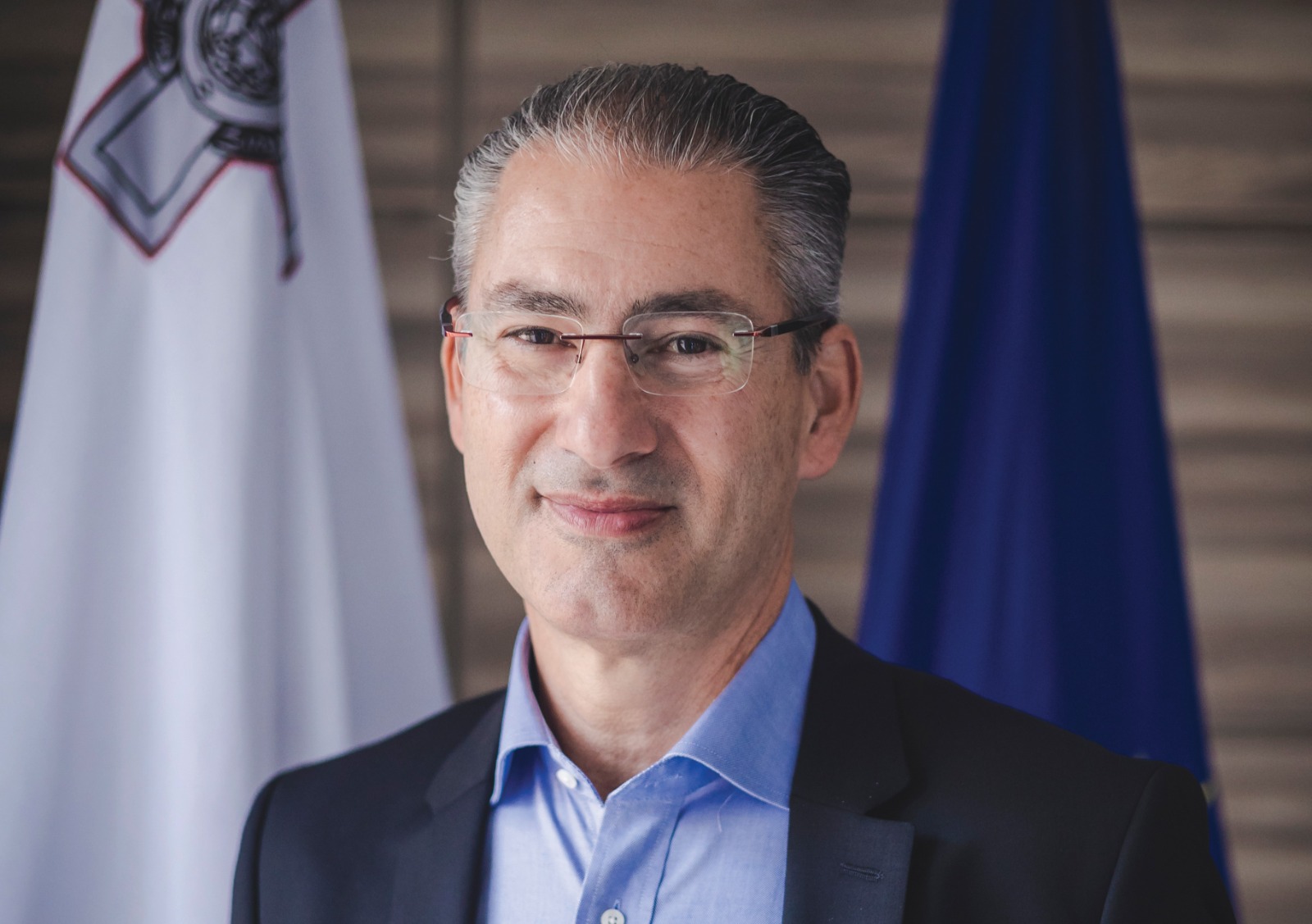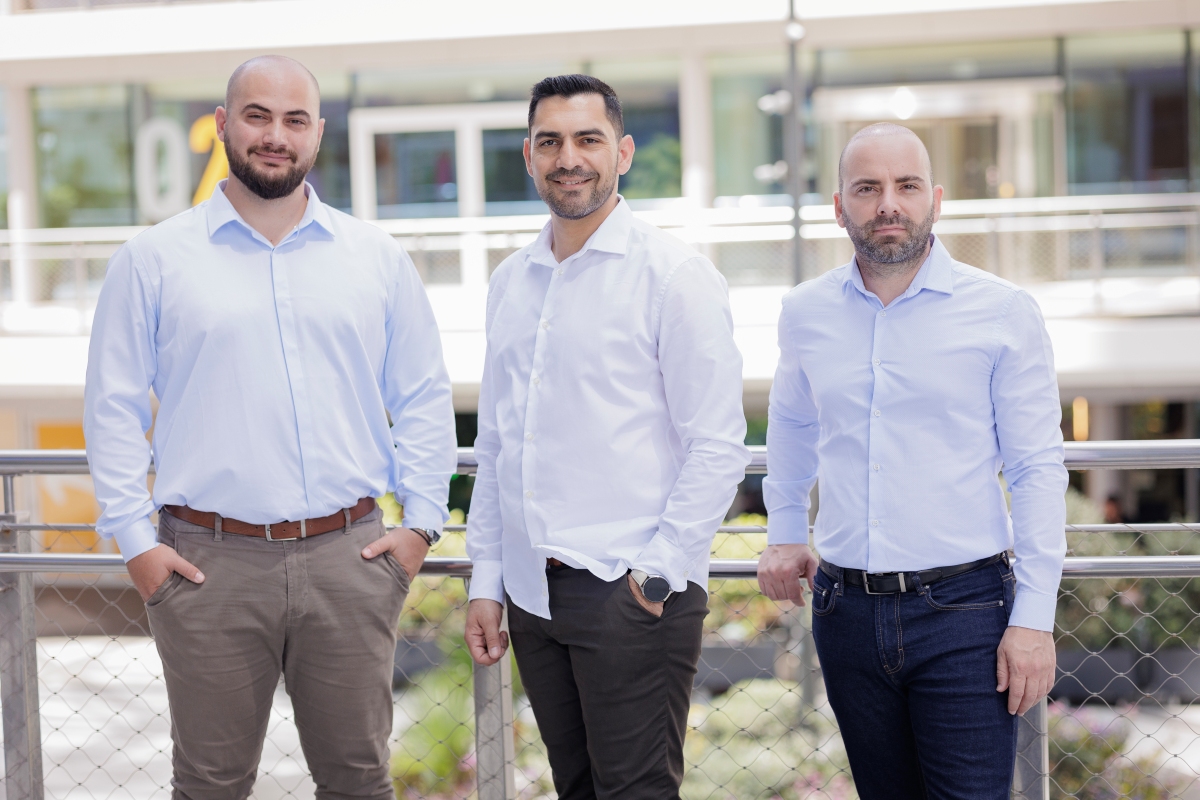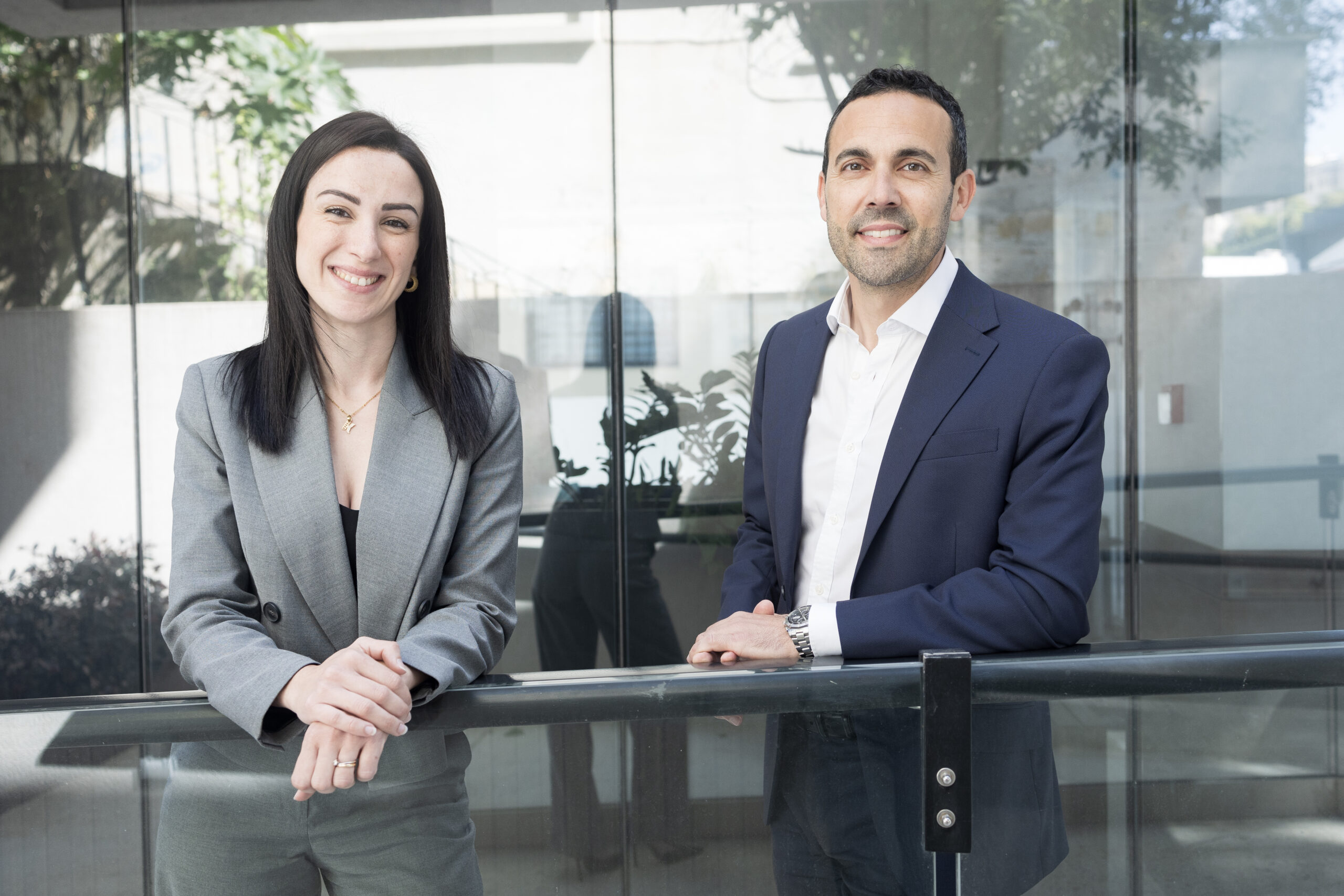“I think we all recognise how important social dialogue is in carving out and supporting national priorities and ambitions,” begins David Xuereb, who was appointed Chairperson of the Malta Council for Economic and Social Development (MCESD) earlier this year.
MCESD is an advisory council that issues opinions and recommendations to the Maltese Government on matters of economic and social relevance. Since its inception and “many years of important contribution to society”, the new Chairman believes that the council is now mature for a reality check to ensure it remains society’s reliable melting pot of social dialogue, thus enabling action on what matters most for the country.
Hence, he notes, with a restructured MCESD set-up, proactive and accountable delivery of prioritized proposals and feedback is set to become a responsible expectation that befits a truly engaged and well-meaning society.
While Perit Xuereb has experienced MCESD as an active representative of a social partner for some years, in his role as Chairman, he now aims to help coordinate the transformation of all social partners’ strengths and ambitions into a coordinated orchestra of positions that drive common, inclusive and compelling goals based on objective and honest expectations.
“I will demand the highest levels of professionality, ethics and research from all social partners to enable S.M.A.R.T. deliverables,” he asserts, noting that this alignment will provide Government with digested considerations to drive national ambitions more efficiently, more democratically and hence, more successfully.
Directing his attention to Malta’s economy, which still appears to be performing well despite the significant shocks it has sustained over the past years due to the pandemic, the Russia-Ukraine war, chronic supply chain issues, and huge global inflationary pressures, I ask what he makes of the situation, and the primary challenges and opportunities for social partners.
Interestingly, the Chairman feels that the pandemic and continental unrest have accelerated the realisation of what really matters most to the economic and social expectations of today’s society, affirming, “I think therefore that this, in itself, is not a bad development. We should take this time of reflection to ensure that we understand what is expected of a regenerative economy in which our society may thrive. ESG-driven values and risk management has already taken a life of its own and this is a good thing. If we accelerate this transformation, we may seriously improve competitivity.”
Certainly, the pandemic and the war in Ukraine have brought about an unprecedented reality, and in this regard, Perit Xuereb believes that the world is still analysing the effects of what has happened over the last three years.
It seems that the world economy has been more resilient than expected, however the conflict of trying to curb inflation (which is expected to be with us for some time) while promoting economic growth is not an easy one to resolve,” he attests, noting that this is probably because the world economy, and Malta’s too, has been measured solely based on GDP growth.
“This may be the time to consider and realise that the value of intangibles, and growth that respects the planet, while supported with ever-evolving technologies and digitalisation, may become the foundations for a new regenerative economy that will address the shortcomings we have come to realise of late. HR shortages are not exceptional to Malta. The current experiences on human resources and the expectation for new skills should provide a guiding star on how we are to prioritise our actions in this regard.”
Speaking of the increase in the number of third-country nationals in Malta over the past few years, the Chairman affirms that Malta’s demographics imply an ageing population, and the sharp increase in economic activity over the past years has demanded human resources that Malta did not have.

“Third-country nationals resolved this situation for a time, but this has, in turn, placed pressures on Malta’s infrastructure that we all have come to be justifiably concerned with. I think we are now at a point where we cannot, and probably do not wish to, see economic development that is driven by the model we have adopted over the last years,” he maintains, stating that we now have to compellingly imagine the country we want in the medium to long term, and work back to design an economic model that ensures that all those living here are provided with a complete social foundation to live well and happily, while ensuring that the resources of the country are used responsibly and sustainably.
“Governance should ensure that this ambition is managed in its detail by remaining clearly focused on what we have set out to achieve. Such a mission will need to attract cross-party agreements and should always remain accountable to future generations. The current need to address our environmental shortcomings while detailing how we are to address the United Nations Sustainable Development Goals will help us steer in a more sustainable direction,” he says.
Speaking of the significance of trade unions against this backdrop, Perit Xuereb believes that such entities are essential to ensure that all economic developments and proceeds are people-centric and justly distributed. “Along with employers and civil society, trade unions are very important partners to a meaningful, responsible and objective social dialogue that helps a country prioritise its resources in an equitable and efficient manner. Given the new forms of work currently being experienced, evolving job markets, globalisation and challenges posed by technological developments, trade unions contribute strongly to support regulation and equitable management to assure a sustainable economy and society. In a rapidly changing world, trade unions serve as essential pillars for a just and equitable society in our country,” he adds.
As regards to MCESD, the Chairman argues that “MCESD is the most important and most relevant inclusive organisation wherein all sectors of society living in Malta are offered the opportunity to proactively influence, shape and propose all that matters most for the country.” Indeed, he continues, while it is the Cabinet of Ministers that is entrusted by the population to take the executive decisions and oversee implementation, MCESD is the closest one can get to influence and support every important national decision. “Collaboration is key, and while MCESD organises the teamwork relationship with all social partners, its direct line to encourage policy makers to take the right decisions cannot be taken lightly and must be cherished as an opportunity to be a societal force for good.”
On a personal level, he concludes, as a parent of three children and a well-meaning citizen, he feels duty bound to collaborate with as many like-minded and well-intended individuals of influence to contribute to the responsible transformations that future generations expect.
“The MCESD is ideally placed to take on this responsibility, especially when such transitions are expected to cut across all sectors of our society and economic sectors. These are exciting times, but the rate of change will not be for the faint-hearted. I look forward to collaborating strongly with my MCESD council members and any other accountable organisation/individual to support the Government of the country to lead successfully.”
This interview was first carried in the 2023 edition of Business Now Magazine, the sister brand to BusinessNow.mt and produced by Content House Group
Featured Image: David Xuereb / Photo by Inigo Taylor
Malta’s next leap: Secured
How ESET delivers enterprise-grade security to meet Malta’s digital ambitions
Mastering the language of business: How BELS is crafting bespoke training for a dynamic economy
BELS Malta Director of Studies Arianna Muscat on how the language school helps companies equip their teams for success.
Built differently – CLA Malta offers custom solutions in a cookie-cutter landscape of tax advisory and business
Their client-centric philosophy extends far beyond conventional consultancy.






